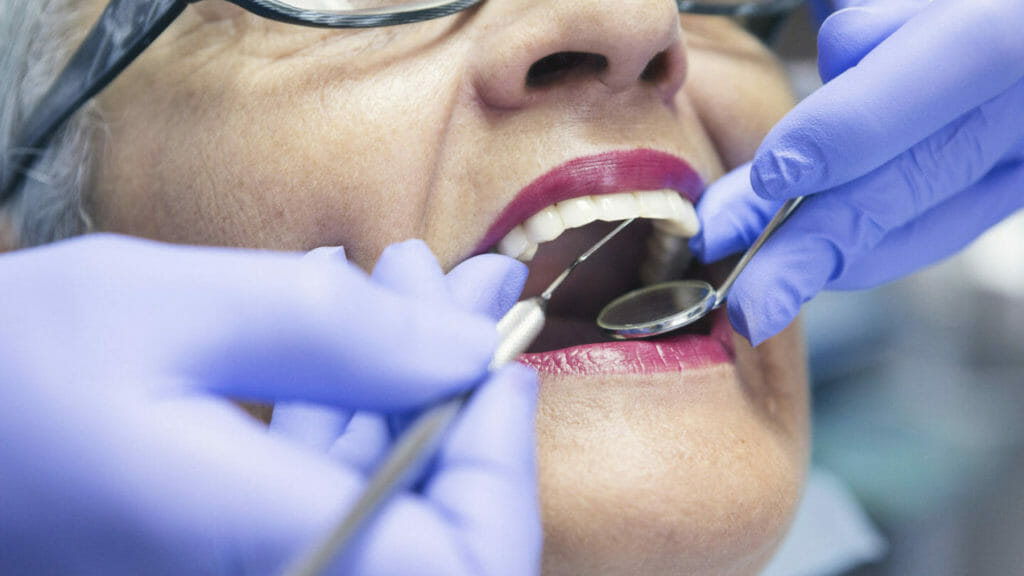
Poor swallowing function was associated with people developing dementia in the future, a study published on March 11 in Nature shows.
As part of the research, scientists examined the relationship between oral functions and the disease. The team recruited 7,384 people who were 75 and older. All of the participants visited a dental clinic in Gifu, Japan. Researchers followed up on the people who had surveys in 2018 until the end of the study period in 2021. The participants self-reported their chewing function, swallowing function, and tongue and lip function. The participants also had an oral diadochokinesis and swallowing tests.
Of all the people studied, 8.6% of them were certified as needing support and 6.9% were certified as needing care. The authors didn’t specify what that entailed. By 2021, 6% of the people had been diagnosed with dementia.
People were 38% more likely to have dementia at the follow-up time if they were female. People who went on to develop dementia were 45% more likely not to have regular dental checkups. Less than 1% of the risk was tied to age. Individuals who developed dementia were 50% more likely to get it if they brushed their teeth less than twice a day, and 32% more likely to have the disease if they had decay in their teeth. People with poor swallowing had a 48% higher odds of developing dementia later on.
In the present study, chewing function was not associated with dementia though previous evidence showed it is linked. Another previous cross-sectional study found a link between poor tongue and lip function and dementia using the same research techniques as the present study, which also wasn’t reported by the researchers. Other studies have linked the amount of missing teeth to the risk for dementia, the researchers wrote.
The authors acknowledged that a limitation of more broader data was that the cohort used visited their dentists regularly.




